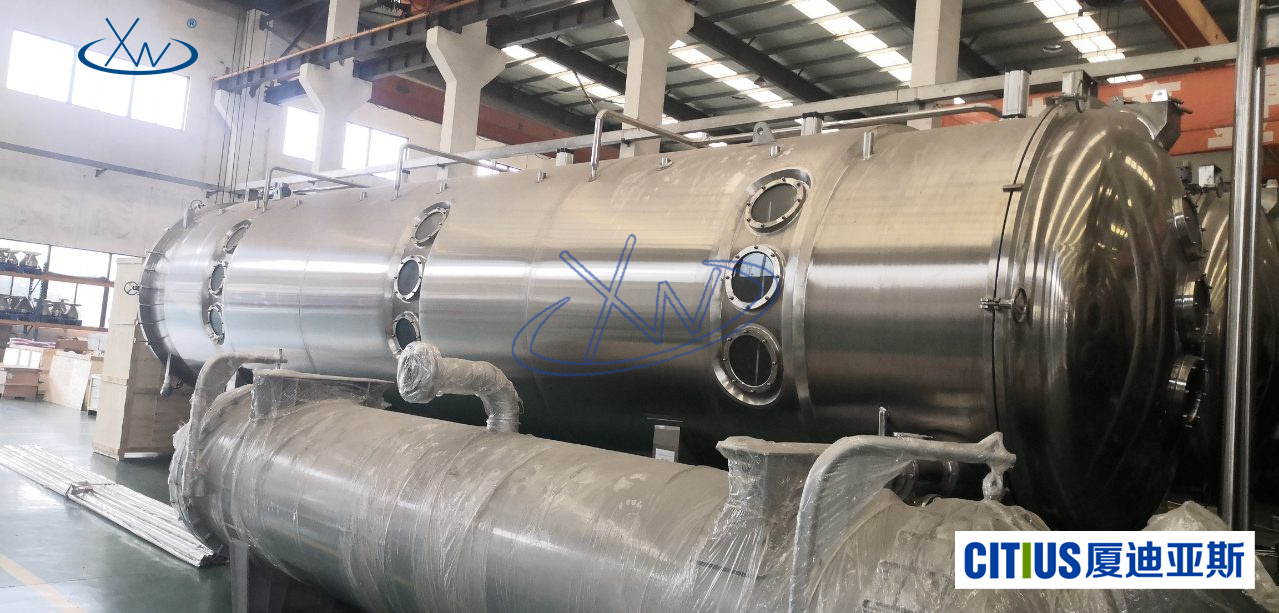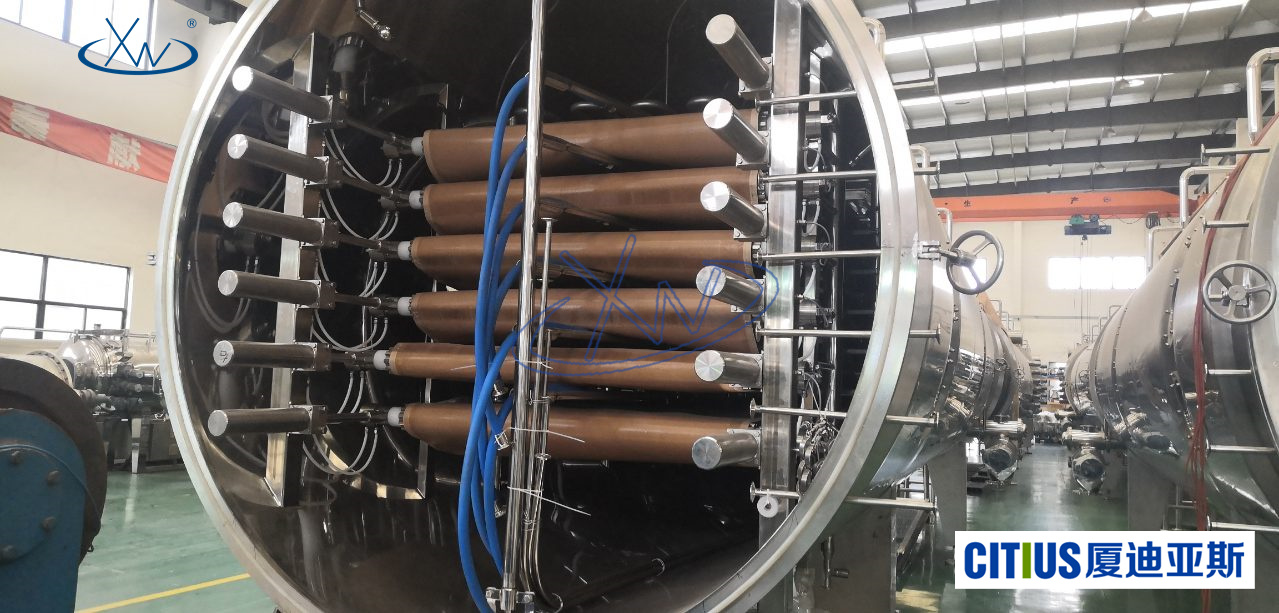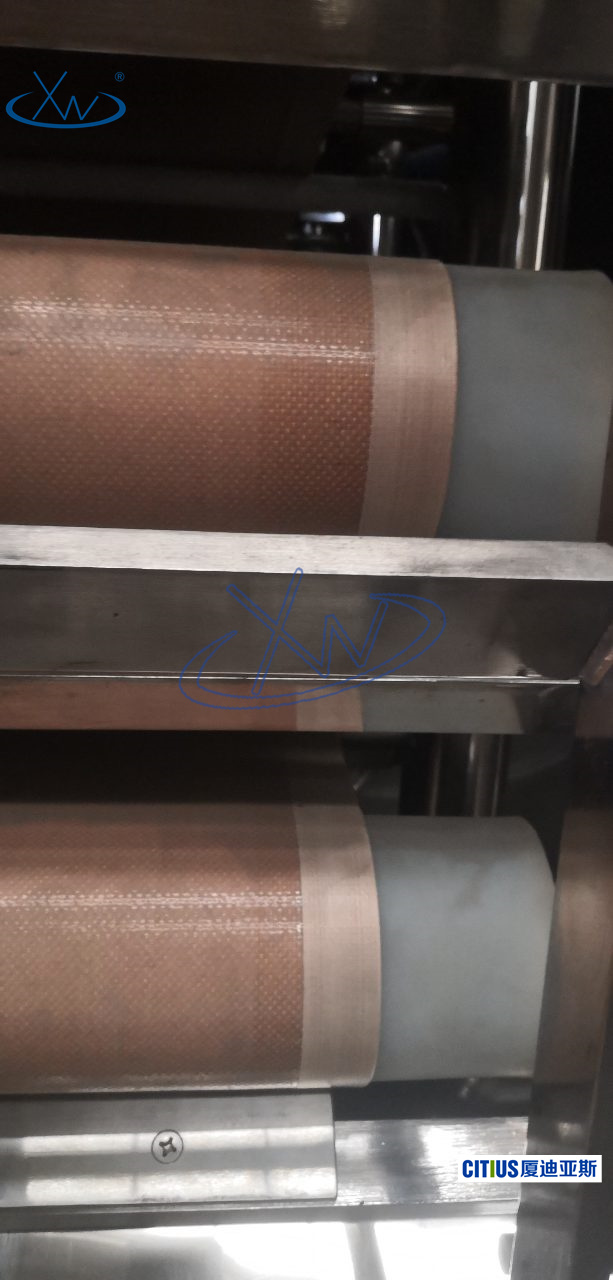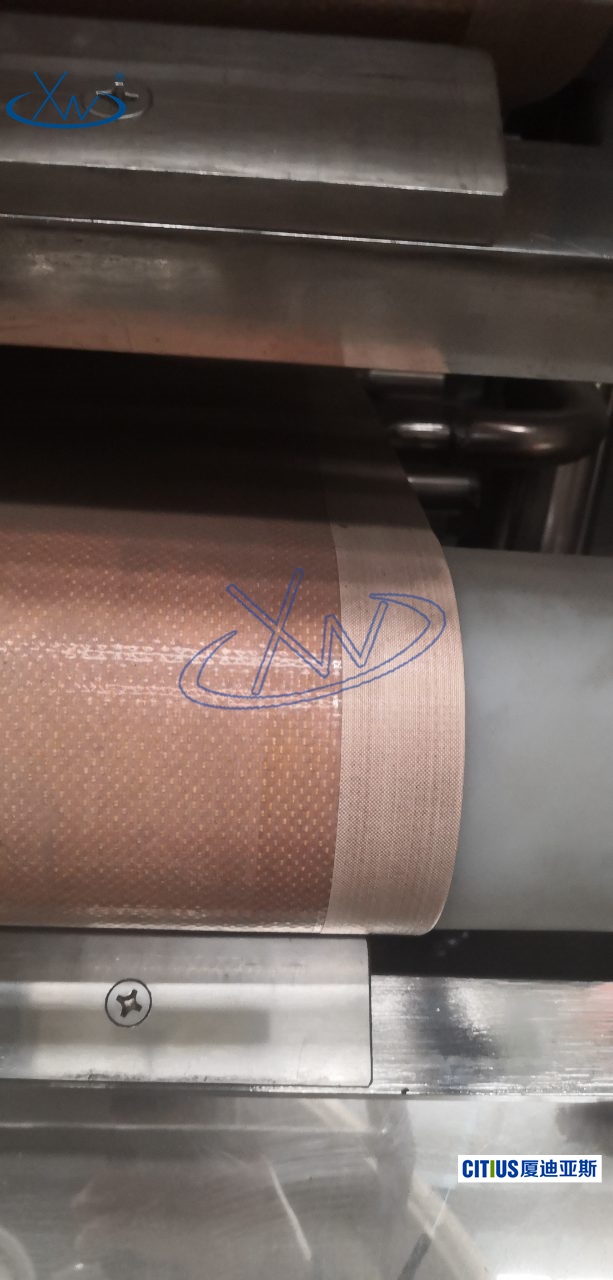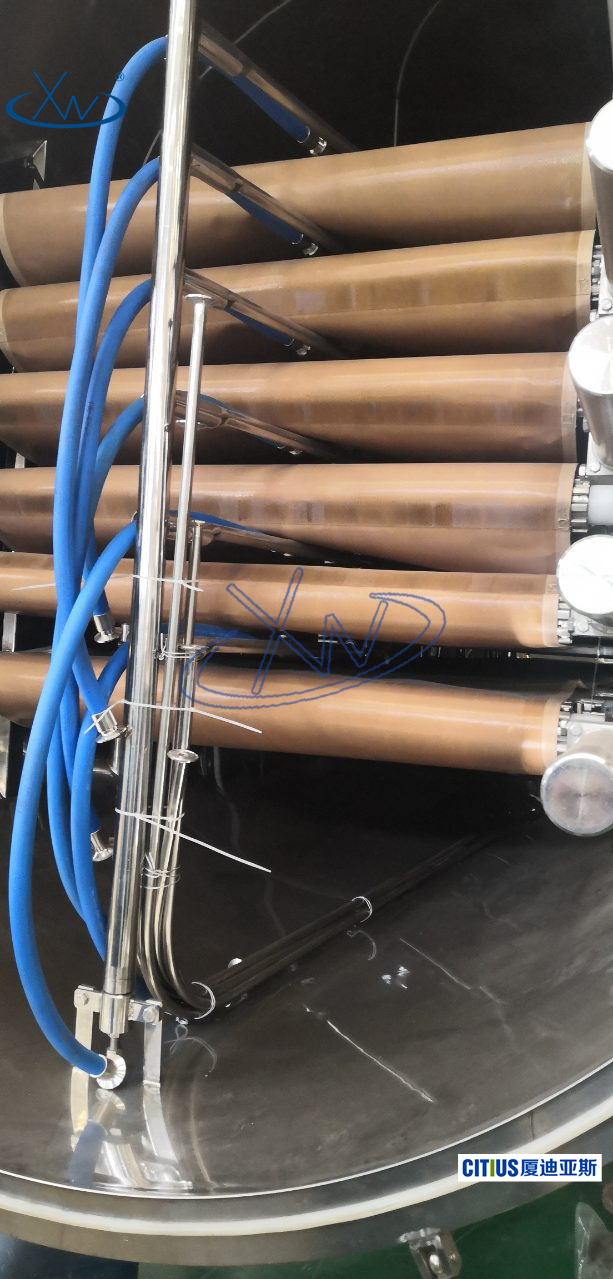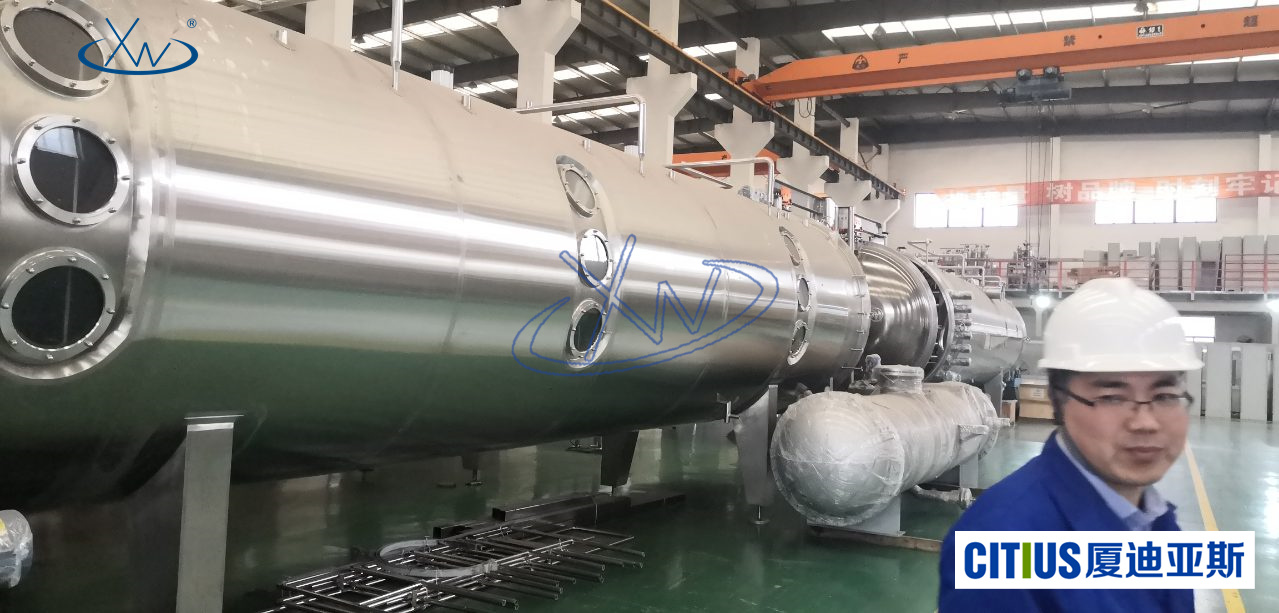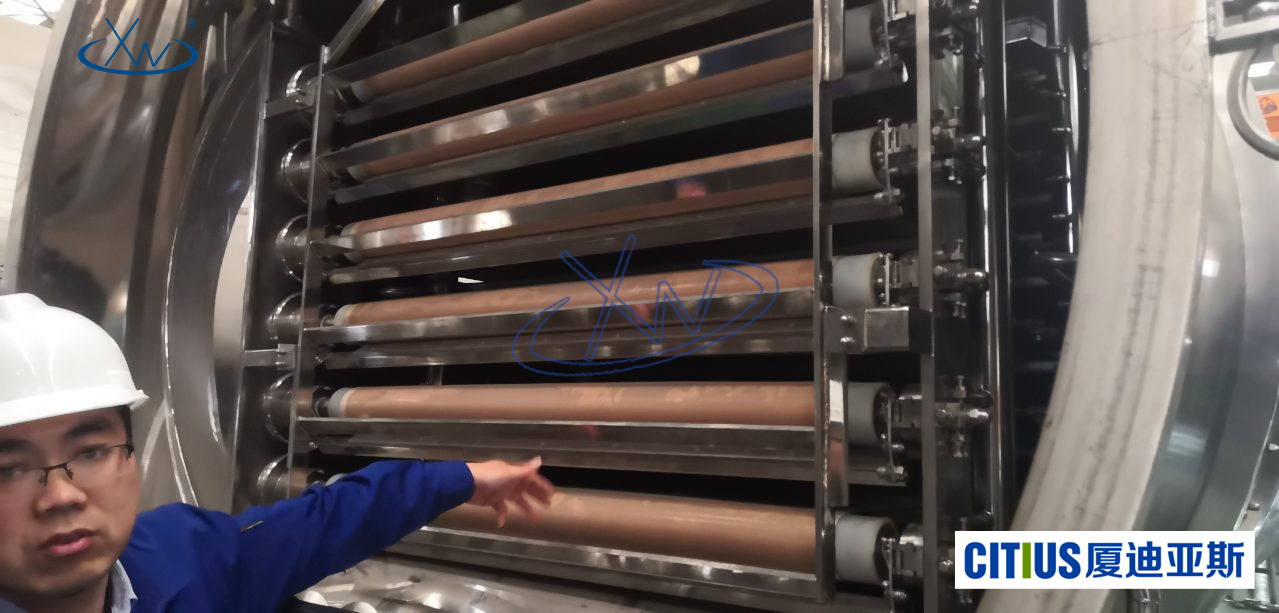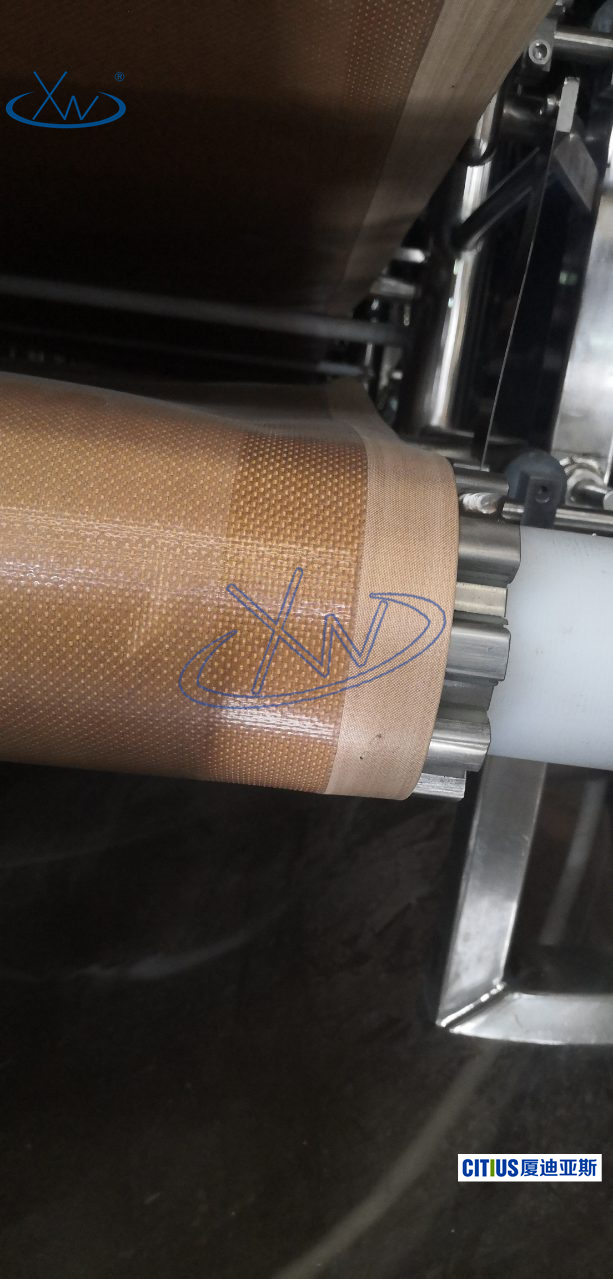








High-Performance Industrial Filter Cloth for Food, Pharmaceutical, and Chemical Belt Vacuum Dryers
Share to
Detailed Description
The crucial role of industrial filter cloth in water vacuum belt dryers and its applications in the food, pharmaceutical, and chemical industries
In modern industrial production, achieving efficient, stable, and continuous low-temperature drying while maintaining material quality has become a common challenge for many industries, including food, pharmaceuticals, and chemicals. Water vacuum belt dryer It is against this backdrop that this advanced equipment has rapidly developed and been widely applied. As an indispensable and important component of this equipment, Industrial filter cloth not only undertakes the basic functions of material carrying and conveying, but also directly affects drying efficiency, product morphology, and production continuity; its key role cannot be ignored.
I. Water Vacuum Belt Dryer: A System Solution for Low-Temperature Drying
The water vacuum belt dryer is a continuous feeding and discharging, low-temperature contact drying, fully enclosed design vacuum drying equipment. The material is in a high vacuum state inside the equipment, evenly spread on the rotating drying belt (i.e., filter cloth), and gently dried by contact heat transfer with the heating plate below. The drying belt moves slowly, allowing the material to 30–60 minutes to complete dehydration, shaping, and cooling. Finally, after being chopped, crushed, and processed by an airlock discharge system, high fluidity, easily soluble, microporous dry particles are obtained.
This equipment is widely applicable to special materials with high viscosity, heat sensitivity, easy agglomeration, and easy oxidation, solving problems that spray drying cannot handle. It demonstrates strong adaptability in multiple fields such as food, pharmaceuticals, chemicals, and new energy.
II. The Core Role of Industrial Filter Cloth: More Than Just a “ Conveyor Belt ”
In the structure of a water vacuum belt dryer, the drying belt is the industrial filter cloth. Unlike ordinary conveyor belts, it must simultaneously meet:
- Vacuum permeability
- Heat conduction contact
- Material stability (temperature resistance, corrosion resistance, tensile strength)
- Flatness and mechanical strength
- Hygienic and easy to clean
1. Material carrier and conveying platform
The filter cloth must be able to stably carry high-viscosity or paste-like materials during continuous operation. It needs to have a high-strength woven structure and excellent flatness to prevent material slippage, accumulation, or uneven spreading, ensuring that the drying process is synchronous and uniform.
2. Medium for heat energy conduction
The drying belt is closely fitted to the heating plate below, relying on conduction to uniformly transfer heat to the material. The material and thickness of the filter cloth directly affect the heat transfer efficiency, so a special filter cloth with good heat permeability and low deformation rate must be selected within the temperature resistance range.
3. Channel for negative pressure suction and gas exchange
The filter cloth also serves as part of the vacuum system suction path and needs to have moderate gas permeability. Excessive density will lead to poor exhaust, incomplete drying; too low may cause the material to sink, stick, or be drawn into the vacuum pump, so the porosity and surface structure must be precisely designed.
4. Anti-stickiness and cleanability guarantee
When faced with high-viscosity or sugar-containing materials, an adhesive layer is easily formed on the surface of the filter cloth, affecting material separation and product contamination. Therefore, high-grade filter cloths usually use surface coatings (such as PTFE anti-stick treatment), antibacterial treatment, and surface hot-pressing shaping processes to make cleaning more convenient and achieve CIP cleaning in place, ensuring hygiene isolation between different batches of products.
III. Core Industry Application Scenarios
1. Food Industry: Locking in Nutrition, Upgrading Quality
In the fields of functional foods, instant drinks, and enzyme products, vacuum belt drying solves the problem of high-temperature baking potentially destroying active substances. Industrial filter cloth plays a key mediating role in this process.
- Typical materials : fruit and vegetable concentrates, coffee grounds, enzymatic solutions, yeast mud, malt essence, oligosaccharides
- Key requirements : resistance to high sugar environments, anti-adhesion, high cleanliness level
- Filter cloth characteristics : Temperature resistance 60–80℃ with antibacterial treatment, meets food-grade standards
2. Pharmaceutical Industry: GMP Stable operation under environment
Pharmaceutical processes often involve heat-sensitive liquids such as traditional Chinese medicine extracts, fermentation broths, and biological adhesives. Traditional drying methods often face quality degradation or cleaning difficulties. Belt vacuum dryers combined with high-cleanliness industrial filter cloths not only improve product solubility but also improve the switchability between process batches.
- Typical materials : Traditional Chinese medicine extracts, aloe extracts, compound drug solutions, antibiotic residues
- Key requirements : Can be CIP cleaned, low heat transfer rate, avoids cross-contamination
- Filter cloth characteristics : Heat-sealed edges, seamless welding structure, conforms to GMP certification standards
3. Chemical Industry: Reliable drying guarantee for diverse materials
The chemical industry involves complex materials, including catalysts, dye intermediates, and fine inorganic powders. Many materials are corrosive or heat-sensitive, so industrial filter cloths must have broad-spectrum resistance and high load capacity.
- Typical materials Examples: Sodium fluoride, compound fertilizers, intermediate slurries, synthetic amino acids, lithium carbonate
- Key requirements Requirements: Corrosion resistance, solvent resistance, uniform particle size
- Filter cloth characteristics Requirements: Heat-weldable, anti-swelling, anti-static treatment
IV. Summary: Filter cloth quality determines drying quality
As crucial equipment for modern diverse and demanding drying processes, water vacuum belt dryers have gained wide recognition across various industries. Industrial filter cloth, as the equipment's “ working surface ” directly impacts the final product quality and production efficiency.
Whether in the food, pharmaceutical, or chemical industries, selecting a filter cloth that is highly compatible with the equipment and materials is a crucial step in ensuring process success. In the future, with the development of new materials and processes, filter cloths will not only be a conveying medium but also an important part of intelligent drying, green manufacturing, and clean production.
- Industrial filter cloth for water vacuum belt dryers used in food, pharmaceutical, and chemical drying equipment
Filter type: Water vacuum belt dryer
Application industry: Drying
Material description: Food, pharmaceutical, and chemical products
